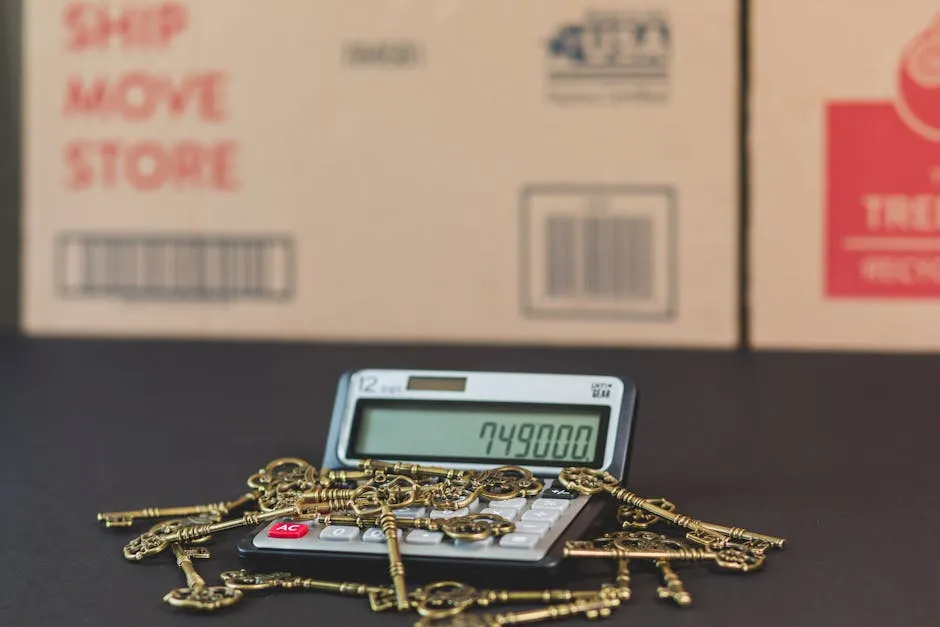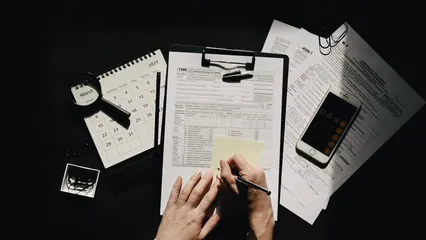Introduction
Dubai’s real estate market is vibrant and ever-evolving. With diverse opportunities, it attracts buyers from around the globe. However, understanding the legal landscape is crucial for success. This article aims to offer essential legal guidance for prospective buyers in Dubai, ensuring a smooth transaction experience.
Summary and Overview
When purchasing property in Dubai, several key legal aspects come into play. First, understanding local laws and regulations is vital. Buyers must navigate the legal framework that governs property transactions, including ownership rights and any restrictions that may apply. This article will break down essential topics, including the legal framework, the importance of hiring a real estate lawyer, and the steps involved in the buying process. By grasping these concepts, you will be better prepared to make informed decisions and protect your investment.

Understanding Dubai’s Real Estate Laws
Key Legal Framework
Dubai’s real estate is governed by several significant laws. Law No. 6 of 2019 regulates property ownership, while Law No. 13 of 2008 focuses on the Real Estate Regulatory Agency (RERA). These laws establish guidelines for property transactions, ensuring transparency and fairness.
The Dubai Land Department (DLD) oversees property registration and transactions. They implement policies that protect buyers and promote a stable market. RERA plays a critical role in licensing brokers and developers, ensuring compliance with regulations.
Foreign buyers should be aware of their rights. In designated freehold areas, non-UAE nationals can own property outright. Understanding the distinctions between freehold and leasehold properties is essential for making informed choices. By staying informed about Dubai’s property laws, you can navigate your purchase confidently, safeguarding your investment.
To understand the latest developments in Dubai’s real estate, check out the Dubai real estate market trends 2024.
Key Legal Framework
Navigating Dubai’s real estate landscape requires understanding its legal framework. Two significant laws govern property transactions: Law No. 6 of 2019 and Law No. 13 of 2008. The first outlines ownership rights, while the second focuses on the Real Estate Regulatory Agency (RERA), which oversees the market.
Foreign buyers should know the types of properties available. Freehold properties allow full ownership in designated areas, while leasehold properties grant usage rights for a specified term, usually up to 99 years. Understanding these terms is essential before making a purchase.
The Dubai Land Department (DLD) plays a pivotal role in property transactions. They handle registration and ensure compliance with local laws. RERA licenses brokers and developers, maintaining market integrity. In 2022, approximately 70% of property transactions involved foreign buyers, reflecting Dubai’s global appeal.
By familiarizing yourself with Dubai property laws, you’ll navigate the complexities of buying real estate more confidently. If you have questions or need guidance, consulting a legal expert can clarify any uncertainties.

Steps in the Property Buying Process
Step 1: Determine Your Budget
Establishing a budget is crucial when buying property in Dubai. Start by assessing your financial situation. Factor in not only the purchase price but also additional fees. These may include registration fees, agency commissions, and maintenance costs. Many buyers overlook these extras, which can add up quickly.
Having a solid financial plan ensures you don’t stretch your budget too thin. Consider using a budget calculator to help you visualize your expenses and stay on track. Being financially prepared will make your property search more efficient and enjoyable.

Step 2: Research the Market
Before making a purchase, conducting thorough market research is essential. Understanding current property trends in Dubai helps you make informed decisions. Look into appreciation rates, rental yields, and market demand.
Identifying desirable neighborhoods can also impact your investment’s value. Consider factors such as proximity to amenities and future developments. To stay updated, access market reports that provide insights into local trends. This information will empower you to choose wisely when selecting a property.

Step 3: Engage a Qualified Real Estate Agent
Working with a licensed real estate agent can simplify the buying process. A qualified agent understands the Dubai market and can help you navigate it effectively. When choosing an agent, look for experience, local knowledge, and positive reviews.
Registered agents are familiar with legal requirements and paperwork, ensuring compliance with local laws. Their expertise can save you time and help avoid potential pitfalls. For property listings that meet your criteria, contact a trusted agent who can guide you through your property journey.

Step 4: Legal Due Diligence
Before you purchase a property in Dubai, conducting thorough due diligence is essential. This process protects your investment and ensures you know what you’re getting into.
Start by verifying title deeds and ownership. This step confirms that the property is legally owned by the seller and that there are no outstanding claims against it. Check with the Dubai Land Department (DLD) for accurate records.
Next, research the developer’s track record. A reputable developer will have a history of completed projects and satisfied buyers. This background can help you avoid potential pitfalls, such as delays or poor construction quality.
For peace of mind, request a due diligence checklist from us at Ome Real Estate. We can provide you with a comprehensive list to ensure your investment is secure.

Step 5: The Sale and Purchase Agreement (SPA)
The Sale and Purchase Agreement (SPA) is a crucial document in any property transaction. This legally binding contract outlines the terms and conditions of the sale, ensuring both parties understand their obligations.
Key components of the SPA include the purchase price, payment schedule, and handover date. It’s vital to review each clause carefully before signing.
A legal review of the SPA is essential to protect your interests. A qualified lawyer can identify any potential risks or unfavorable terms. This step ensures you are fully informed and protected throughout the buying process.
If you want expert assistance, get a legal expert to review your SPA. At Ome Real Estate, we can help you navigate this important document with ease.

Step 6: Transfer of Ownership
Transferring property ownership in Dubai involves a few key steps at the Dubai Land Department (DLD). First, both parties must present required documents, including the signed SPA, identification, and the No Objection Certificate (NOC) from the developer.
Ensure you are aware of the associated fees, typically around 4% of the property’s purchase price. These fees can vary based on the property type and location.
Preparing all documents in advance can make the transfer process smoother. At Ome Real Estate, we guide you through this process to ensure everything is in order. This assistance can save you time and stress during your property transaction.

Common Legal Issues Faced by Buyers
Potential Disputes and How to Resolve Them
Buying property in Dubai can be thrilling, but it comes with potential legal disputes. One common issue occurs during delayed handovers. Buyers often expect to receive their properties on time, but sometimes developers fail to meet deadlines. If you find yourself in this situation, it’s essential to understand your rights.
Another frequent conflict arises over property conditions. Buyers may discover that the property doesn’t match the initial representations made by the seller. Misrepresentation can lead to significant financial loss and frustration.
To address these disputes, communication is vital. Start by discussing the issue directly with the seller or developer. If this doesn’t resolve the problem, consider mediation or arbitration. Seeking legal counsel is advisable to explore your options and protect your investment.
Consulting with a legal expert can provide you with strategies for dispute resolution, ensuring a smoother process.

Conclusion
Legal advice is crucial when buying property in Dubai. It helps you navigate the complexities of the transaction and protects your interests. Engaging a real estate lawyer can help you understand your rights and obligations, ensuring you avoid pitfalls that could arise during the process.
Being well-informed about the legal landscape not only leads to a smoother transaction but also enhances your confidence as a buyer. Don’t hesitate to seek professional assistance to guide you every step of the way.
Please let us know what you think about our content by leaving a comment down below!
Thank you for reading till here 🙂
All images from Pexels

